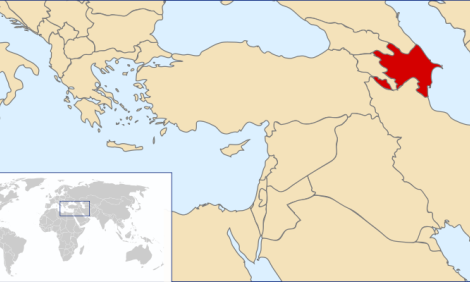
In depth
Azerbaijan: When online security is synonymous with personal safety
The Seventh Internet Governance Forum will be taking place in Baku, Azerbaijan from 6 to 9 November 2012. GenderIT.org writer Zooey Schock spoke with veteran activist Dr Leyla Yunus about internet freedom and the ability to organise in post-Soviet Asia.
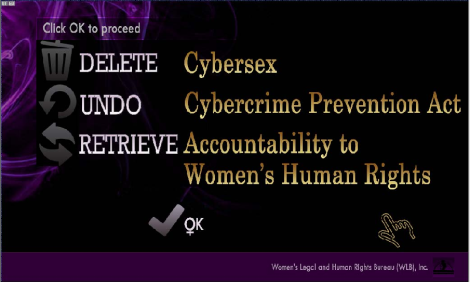
Feminist talk
DELETE, UNDO, RETRIEVE: Statement on the Cybercrime Prevention Act of 2012
The statement developed by the Women's Legal Bureau (WLB) in response to the Cybercrime Bill. WLB highlights the specific women's rights concerns in relation to the bill, in particular warn that the law can be used to further perpetuate violence against women. They are still in the process of gathering support and you are invited to sign on to show your support to the cause.
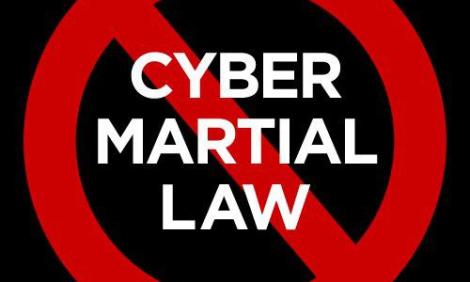
In depth
Philippines: the problematic cybercrime prevention law of 2012
The recent passage of the Philippine Cybercrime Prevention Act of 2012 (or the Republic Act 10175) has elicited strong negative reactions from various stakeholders. Civil society organizations (CSOs), academe, journalists, bloggers, and Filipino netizens have expressed great concern over certain provisions of the law that impinged their constitutional right to freedom of expression. To date,…
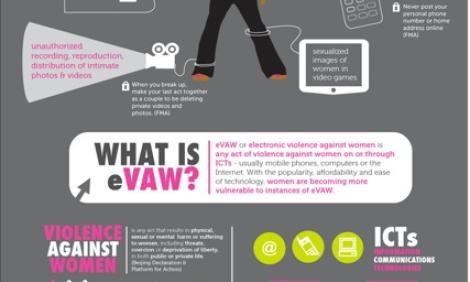
Publication
Emerging forms of violence against women in the Philippines
These materials were produced by the Foundation for Media Alternatives from the Philippines as part of APC's MDG3: Take Back the Tech! to end violence against women project between 2011 and 2012. You can find useful materials for awareness raising and training on the subject of violence against women mediated through information and communication technologies, also called eVAW..
Publication
The 'Gender and Citizenship in the Information Society' research: Final meeting report
The final meeting of the ‘Gender and Citizenship in the Information Society’(CITIGEN) research network was organized by IT for Change in Bangalore in February 2012. The CITIGEN research programme studies whether marginalised women benefit from new information and communication technologies and whether the internet and mobile phones strengthened their active citizenship. The final meeting of…
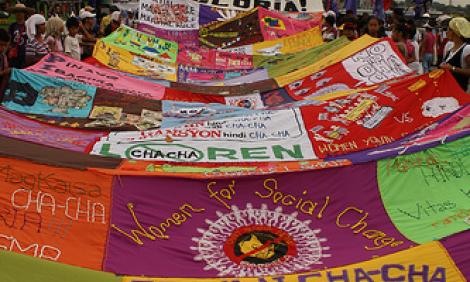
In depth
Finding the balance: Women's rights and the internet in the Philippines
GenderIT.org writer Sonia Randhawa speak with Jelen Paclarin, executive director of the Women's Legal and Human Rights Bureau (WLB) in the Philippines, about the potential of the UPR to improve the lives of women in Philippines, the emerging forms of technology-related VAW and key challenges in addressing it, and the importance of women's representation in policy-making processes.
Publication
Submission to the UPR: Women’s access to justice in the Philippines
The submission to the UPR process elaborated by the Women´s Legal and Human Rights Bureau, Inc from the Philippines addresses the issue of women’s access to justice in the country, which highlights technology-related violence against women (VAW) as an emerging form of VAW. The submission also looks at the gaps and challenges in available domestic remedies to survivors of violence and abuse…
In depth
Mapping the intersection of technology and gender-based violence
On 25 November 2011, Take Back The Tech! campaign launched an interactive map that allows internet users to share their stories, local news and personal experiences of gender-based violence they faced online or through the use of mobile phone technologies. As of 7 December, the map has recorded 103 stories from across the globe, with the majority of stories coming from Africa, Latin America and…
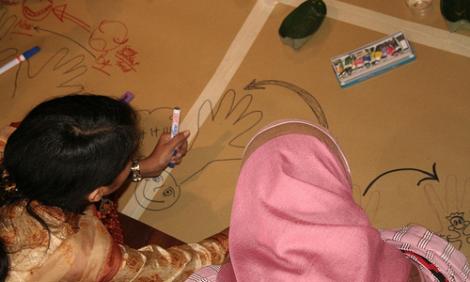
In depth
Who's gonna track me?
Flavia Fascendini looks at the report of the Special Rapporteur on the situation of human rights defenders -- which, for the first time in history, focuses on the situation of women's human rights defenders. Drawing on the report's findings, she talks to South-East Asian women's activists about the unique security risks they face online.
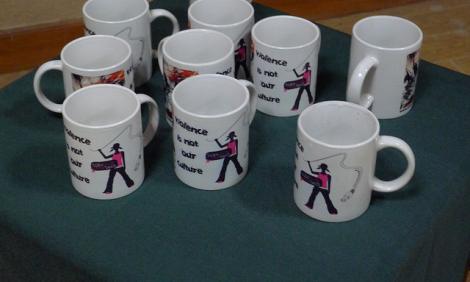
In depth
Connectedness or alienation?
Women's human rights activist Edna Aquino remarks on how ICTs have impacted her work, presenting both new opportunities and new risks. In her interview with new GenderIT.org writer, Maya Ganesh, Edna argues that activists using ICTs must be mindful of alienating women with the use of excessive jargon, and must always be keenly aware that there are inherent risks in online communications. However…




